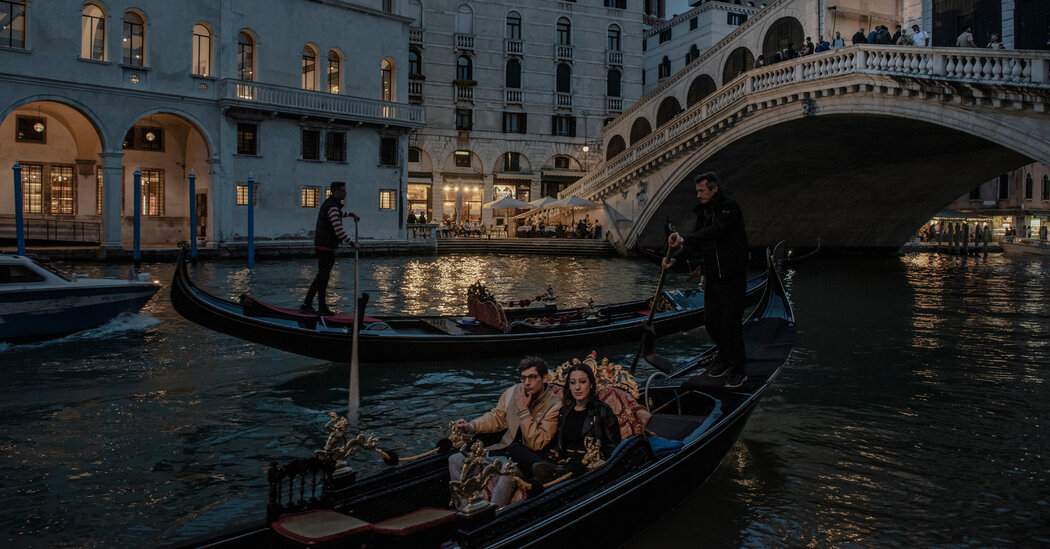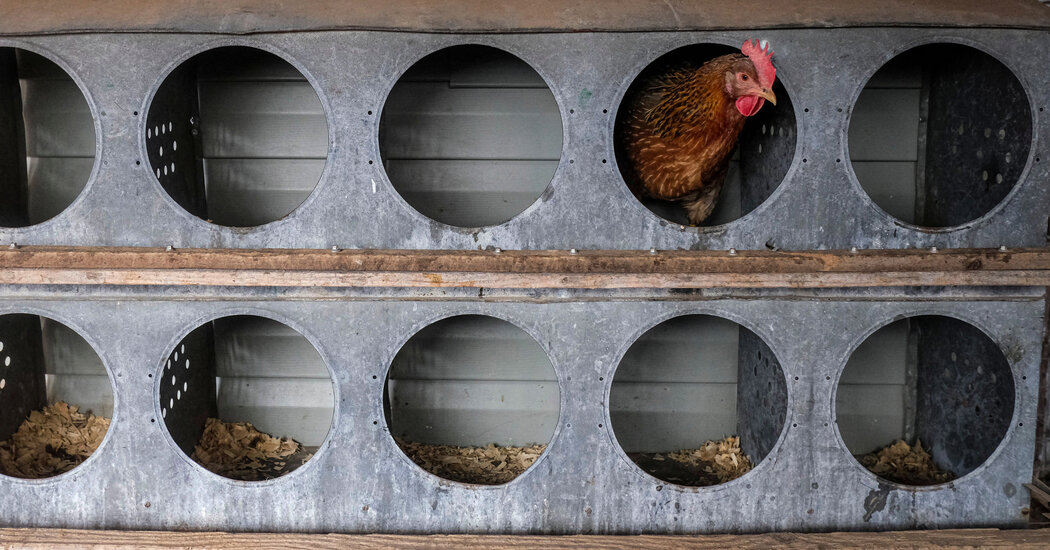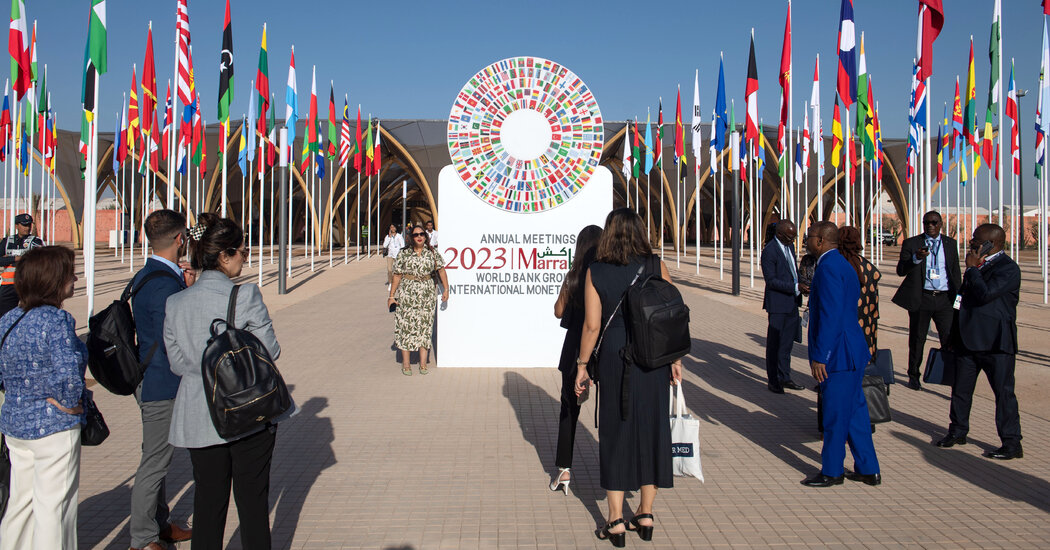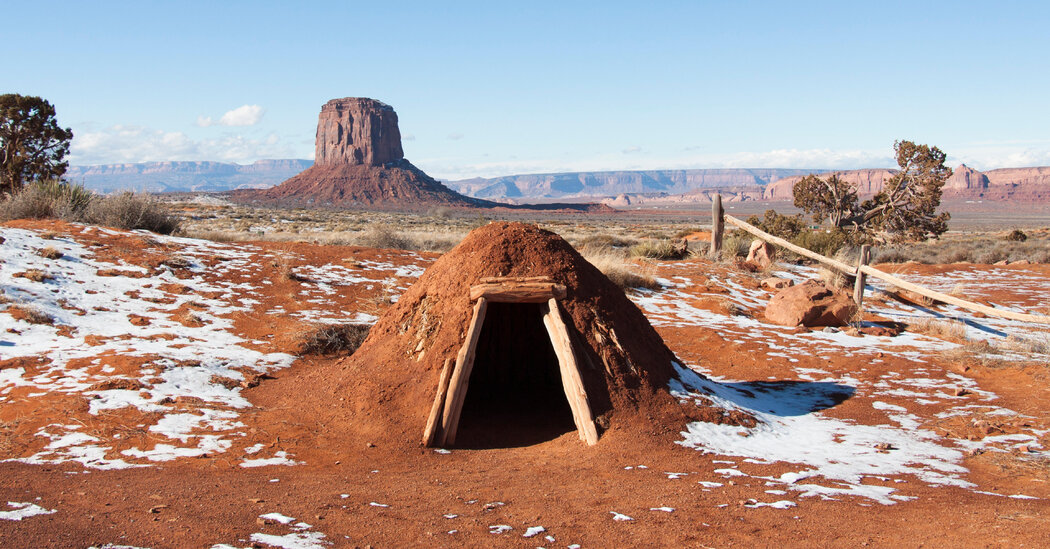Venice will not be included on UNESCO’s list of “World Heritage in Danger” after a panel voted on Thursday to reject the recommendation of experts at the agency who had raised concerns that Italy had not done enough to protect the fragile city, which is threatened by climate change, mass tourism and development.
Still, representatives of countries upholding the World Heritage Convention, which seeks to protect and preserve cultural sites, said in a statement that “further progress still needs to be made” to properly conserve Venice. During a debate on Thursday afternoon at a World Heritage Committee session in Riyadh, Saudi Arabia, several delegates said Italy should host a new advisory mission in Venice in the coming months to monitor the efficacy of the measures that Italy has taken so far and to make suggestions.
“Venice is not at risk,” Mayor Luigi Brugnaro wrote on social media Thursday evening, describing the result as a “great victory.” Posting on X, the platform formerly known as Twitter, he added: “The world has understood all the work we have done to save our city.”
Italy was warned in July that Venice, a World Heritage Site since 1987, was being considered for UNESCO’s “in danger” list, even though the state and city have made significant changes to try to protect Venice.
Large cruise ships have been banned from entering Venetian waters. Massive barriers at the mouths of the lagoon hold seawater at bay and stop high tides from flooding the city. And officials have begun tracking tourists via their cellphone data to monitor their movements.
This week, City Council voted that, starting next year, day-trippers to Venice will be expected to pay 5 euros on days when the city is extremely crowded with tourists. City officials hope that the measure will curb some of the millions of tourists who throng to the city each year — five million so far in 2023. Those who stay overnight won’t be charged.
Venice almost made the danger list in 2021, but then, too, member countries rejected the proposal.
Despite the changes in Venice, UNESCO experts who have been closely monitoring the city felt that Italy and the local government had not done enough. Once a site is placed on the danger list, it can lose its World Heritage status, which acknowledges its outstanding universal value.
But the 21 member states thought Italy’s efforts were to be commended, and several said that it was “premature” to put Venice on the list. Several pointed out that climate change was a global issue, affecting many cultural heritage sites, and said Italy should not be singled out.
Some citizen groups had hoped that the city would be recognized as endangered. Nearly 5,000 people signed a petition addressed to the UNESCO general director, Audrey Azoulay, on Change.org, asking that Venice be on the list, because of the problems caused by excessive tourism. “The out-of-control tourism machine makes big financial gains for few, against the common good and those who want to live in the city,” the petition said.
In his report to the session on Thursday, Nicholas Clarke, an expert with the International Council on Monuments and Sites, which advises UNESCO on World Heritage sites and had urged putting Venice on the list, said that efforts to tackle heavy tourism “come very late and more urgent action is required.”
For years, visitors to Venice have easily outnumbered the residents of the historic city center, the number of which dropped a year ago to under 50,000 from nearly 175,000 in 1951.
Speaking before the vote Thursday, Berta de Sancristobal of the UNESCO World Heritage Center, which had called for the city to be listed as in danger, cited “the negative impacts of mass tourism reflected in the continued decline in local residents, leading to the alteration of the spirit of place and the loss of historic authenticity.”
Last week, a local group announced that the number of beds for visitors had surpassed those for residents.
The aim of the UNESCO list, which includes 55 endangered sites like the Old City of Jerusalem and Timbuktu, is to spur conservation, according to the agency. When a site is on the list, the United Nations commits to develop a corrective plan alongside national authorities and to monitor the results.
Matteo Secchi of the citizens’ group Venessia.com said that locals did not need UNESCO to tell them what was wrong with the city, even though a spotlight on the problems was welcome if it made the world take notice.
“We are only trying to carry on our culture, our life, and we see that it’s in danger. That’s why we get mad, why we make appeals to the world,” he said, adding of the tourists: “They’re not happy, we’re not happy, everyone isn’t happy.”











